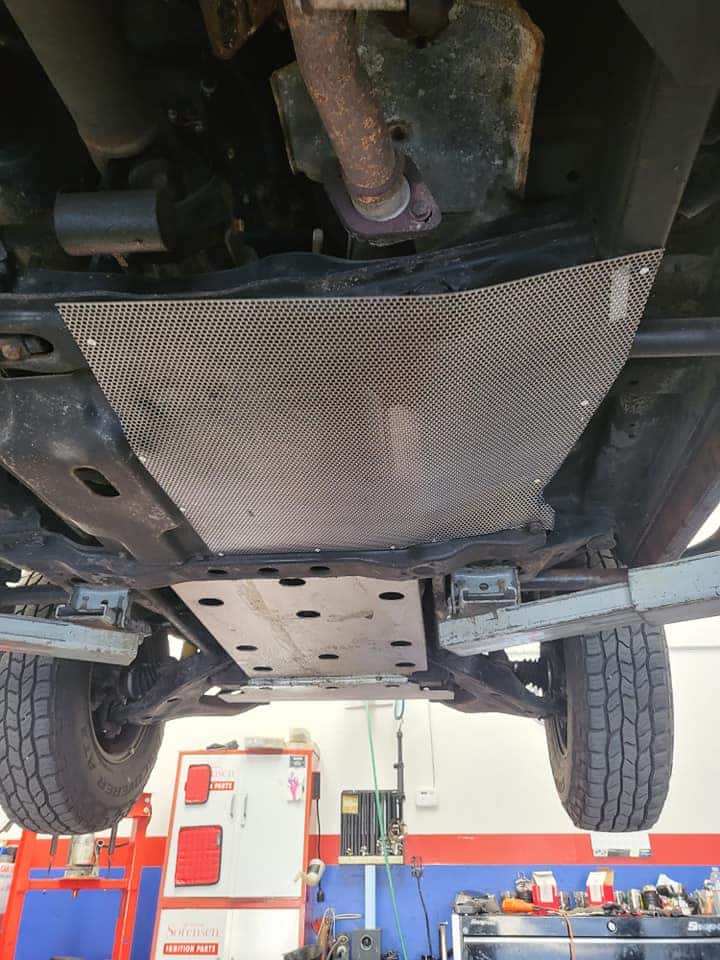When it comes to maintaining your vehicle's performance and longevity, one of the most critical decisions you'll make is the type of oil you use. Ensuring your engine is lubricated with the right oil can significantly reduce wear and tear, improve gas mileage, and even increase the overall lifespan of your vehicle. The question is: should you opt for conventional or synthetic oil?
Let's break it down.
Conventional oil, as the name suggests, has been the standard choice for decades. It's derived directly from crude oil and provides adequate lubrication for most engines. It's also the most affordable option. However, conventional oil has its limitations. It breaks down more quickly under high temperatures, and during cold starts, it can take a while to flow to all parts of the engine.
On the other hand, synthetic oil is a high-performance alternative. It's engineered in a lab, which means it can be manipulated to have specific properties. Synthetic oil provides superior lubrication, performs better at extreme temperatures, and lasts longer between changes. Despite these advantages, synthetic oil is more expensive than its conventional counterpart, often leading to a higher upfront cost for service.
So, which is the right choice for your vehicle? It really depends on a few factors.
First, consider your car's make, model, and age. Older vehicles that have always run on conventional oil may not take well to a sudden switch to synthetic. On the other hand, many modern, high-performance engines are designed specifically to run on synthetic oil.
Next, think about the conditions in which you'll be driving. If you live in an area with extreme temperatures or you often tow heavy loads, synthetic oil is likely the best choice. It's designed to withstand these harsh conditions without breaking down. Conversely, if your driving habits and environment are more moderate, conventional oil may serve you just fine.
Lastly, consider the frequency of oil changes. Synthetic oil can last up to twice as long as conventional oil between changes. This can save you time and reduce the environmental impact of your oil changes. However, keep in mind that the savings on fewer oil changes may be offset by the higher price of synthetic oil.
Whatever your situation, it's important to consult with a knowledgeable auto mechanic who can provide expert advice based on your specific needs. The team at Sartorial Auto Repairs in Santa Rosa, CA, serving all of Sonoma County, is well-equipped to help you make this critical decision.
We know it's not just about picking the “right” or “wrong” oil. It's about choosing the best oil for your vehicle's needs. That's where our years of experience and commitment to customer service come in. We'll consider all aspects of your vehicle's specifications and your driving habits to recommend the oil that will give you the best performance and longevity.
In summary, both conventional and synthetic oils have their pros and cons. Your choice will depend on your vehicle's age and specifications, your driving habits and environment, and your preferences for oil change frequency and cost.
And remember, choosing the right oil is just one part of maintaining your vehicle's performance. Regular tune-ups, tire rotations, brake checks, and other preventative maintenance services are equally important.
If you're unsure about the best oil for your vehicle or you need help with other aspects of car maintenance, the team at Sartorial Auto Repairs is just a phone call away. Let us use our expertise to help you make an informed decision that keeps your vehicle running smoothly for years to come.












